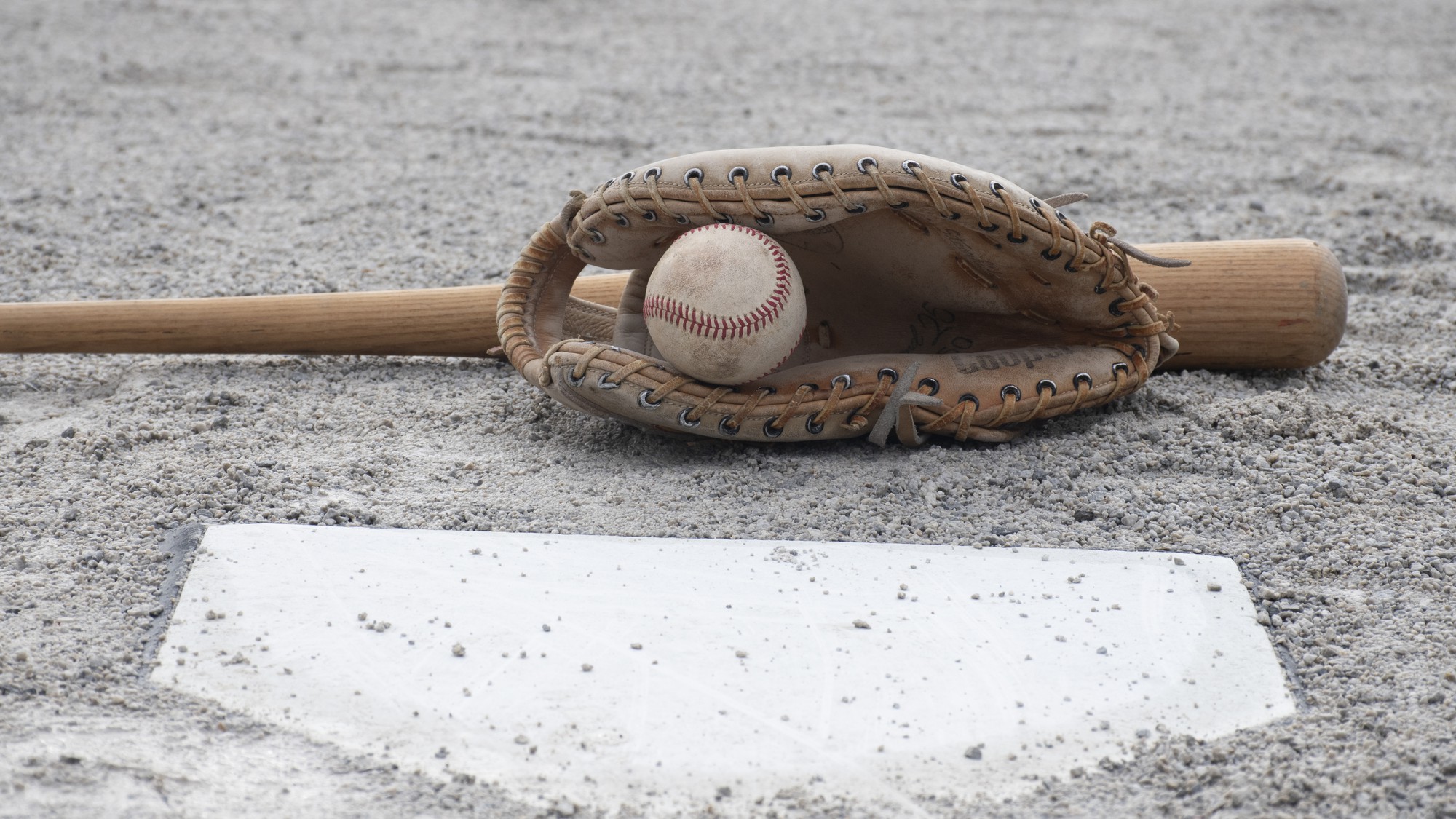The 2024 baseball season looms and Major League Baseball has introduced a few new rules, just like it did last year.
The first rule involves widening the running lane from home plate to first base. This rule gives the runners a clear running lane to abide by. The lane is from the dirt on the foul side to the dirt on the infield side.
Baseball fan Christopher Burgess, a student at York University and an infielder with the Lions, said the new rule will ensure runners don’t interfere with an infielder’s throw.
“If they introduce a hard rule that they have this set lane as a runner and it’s not just a blur line of what’s what,” Burgess said.
“It allows fielders to make plays cleaner and it would definitely stop a bunch of missed calls, argued calls, and potential injuries,” he said.
Tyler Grzela, who plays for Missouri Valley College in Marshall, Mo., said widening the running lane doesn’t take too much away from the game.
“I don’t think it will make a huge difference,” said Grzela, who played for St. Joseph Catholic High School in Mississauga. “I don’t think this will have a big impact on most people’s watching experience.”
A second significant rule change is lowering the pitch clock to 18 seconds with runners on base. Pitchers had 20 seconds to make a pitch while a runner was on base.
Major League Baseball’s intention in adding the pitch clock last season was to speed up the game, making the game more watchable for fans.
According to MLB.com, the average time of a nine-inning game in 2022, the year before the pitch clock, was three hours, three minutes and 44 seconds.
The average time of a nine-inning game in 2023, the first year of the pitch clock, was two hours, 39 minutes, and 49 seconds. That is about 24 minutes shorter.
Burgess said when the rule was first added he didn’t know what to think of it, but as the season went on, he thought the change was good for baseball.
“At the start, I would say I was a little skeptical,” he said. “Definitely watching on TV as the season progressed and going to a couple of games, honestly I think it was good for baseball.”
Burgess said that the new limit on the pitch clock will potentially lead to more stolen bases than last season.
“You are definitely going to see more of an increase in stolen bases, even from last year where you saw a drastic increase,” he said.
“The pitcher will have less time to look him back and keep them on and runners will take advantage of that,” Burgess said.
Grzela said the pitch clock was a good addition to attract new baseball fans.
“I believe when the MLB introduced the pitch clock, it was good for new and modern baseball fans,” he said.
“No one wants to sit down and watch a three-and-a-half-hour baseball game anymore,” Grzela said.
Grzela said that the change in the pitch clock limit takes away defensive strategy.
“Reducing the pitch timer with runners on base takes away from some of the strategy in terms of holding runners on and mixing pitch frequency,” he said.
“I just think it takes too much away from the strategy of the game,” Grzela said.
During the past few years, Major League Baseball has been working on adding an Automatic Ball Strike (ABS) system.
The MLB has been testing the new system in minor leagues before it is brought to the major league.
The MLB’s intent for the ABS is to make sure that balls and strikes are being called correctly and to ensure the calls at the plate are correct. The MLB plans to consider implementing ABS in the 2025 season.
Burgess said pitchers will be upset and hitters will benefit from an ABS.
“Pitchers will probably get a little frustrated as they would have to have to be really good and, on their game because it would be a pinpoint strike zone,” he said.
“As a hitter playing in the MLB, the veteran players know their strike zones, and they will be able to take pitches that are slightly outside the zone that the umpire calls a strike,” Burgess said.
Grzela said he doesn’t like the idea of having an ABS.
“I don’t like the idea of robot umpires,” he said. “For me, it takes too much away from the human side of the game.”
Burgess and Grzela have ideas on what rules and a key structural change would make the game better and would like to see get added to the MLB.
Burgess said adding railings by the seating along foul territory and the outfield to prevent fans from interfering with the game.
“There’s been so many times where a player hits a ball down the line and the fan will reach over and grab it and it will count as a ground rule double,” he said.
“Players like Corbin Carroll and Ronald Acuna Jr. that will probably take the opportunity to stretch that hit into a triple,” Burgess said.
“On the flip side, players like Aaron Judge and Vladimir Guerrero Jr. who aren’t the fastest, it gives the outfielders a chance to throw them out if they try to extend their hit to a double,” he said.
“Definitely something to prevent fan interference from happening and let the natural flow of the play take its course,” Burgess said.
Grzela said he likes having an automatic strike zone, the ability for hitters to appeal a call during their at-bat.
“I like the ability for hitters to be able to challenge a call at the plate,” Grzela said.
“Which will add strategy to the game while still keeping the game ‘human’ enough,” he said.

